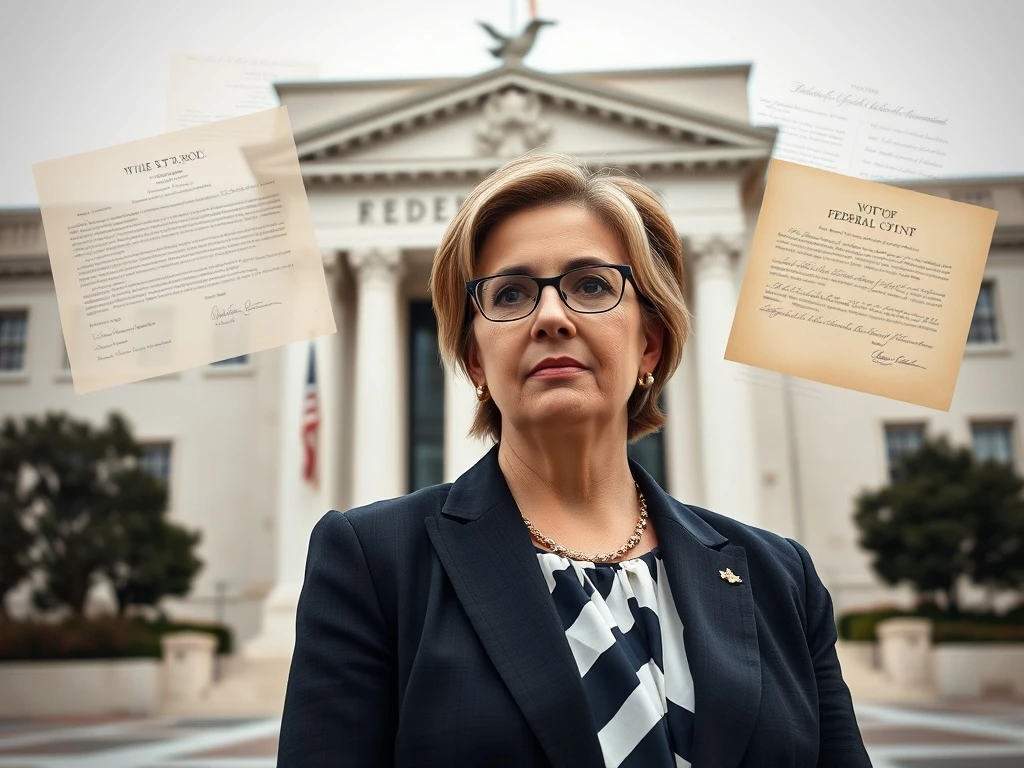Former President Donald Trump’s attempt to remove Federal Reserve Governor Lisa Cook confronts significant constitutional barriers that could reshape central bank independence. Consequently, legal experts warn this move may establish dangerous precedents for monetary policy governance.
Legal Foundations Protecting Federal Reserve Independence
The Federal Reserve Act provides strong protections for appointed governors. Specifically, the law states that governors may only be removed “for cause” rather than political disagreements. Therefore, Trump’s effort to oust Lisa Cook requires demonstrating legitimate grounds for removal.
Constitutional Hurdles for Trump’s Lisa Cook Challenge
Constitutional scholars identify multiple obstacles. First, the separation of powers doctrine limits executive authority over independent agencies. Second, the Federal Reserve’s statutory independence creates additional protection layers. Moreover, historical precedent favors maintaining central bank autonomy.
Historical Precedents and Legal Interpretations
Past court decisions consistently support Federal Reserve independence. For instance:
• Humphrey’s Executor v. United States (1935) established removal protections
• Wiener v. United States (1958) reinforced “for cause” requirements
• Recent cases continue upholding these constitutional principles
Potential Implications for Monetary Policy
Successful removal of Lisa Cook could destabilize monetary policy. Furthermore, it might undermine market confidence in Federal Reserve decisions. Central bank independence remains crucial for economic stability according to most economists.
Market Reactions and Economic Consequences
Financial markets closely watch these developments. Additionally, investors concern themselves with potential policy uncertainty. The Federal Reserve’s credibility affects global economic conditions significantly.
Legal Experts Analyze Trump’s Options
Constitutional lawyers express skepticism about Trump’s legal standing. However, some conservative legal theorists support broader executive authority. Ultimately, courts would likely decide any removal attempt’s validity.
Possible Judicial Outcomes
Most legal analyses predict courts would block removal attempts. Specifically, they would require clear evidence of misconduct. The burden of proof rests squarely with the administration.
FAQs
What legal grounds does Trump have for removing Lisa Cook?
The Federal Reserve Act permits removal only “for cause,” meaning proven misconduct, neglect of duty, or incapacity—not policy disagreements.
Has a sitting president ever successfully removed a Fed governor?
No president has successfully removed a Federal Reserve governor for political reasons since the modern Federal Reserve system’s establishment.
What would happen if Trump succeeded in removing Cook?
Successful removal could undermine Federal Reserve independence, potentially affecting monetary policy credibility and market stability.
How long is Lisa Cook’s term supposed to last?
Federal Reserve governors serve 14-year terms, with Cook’s term extending until January 2034.
What role does the Senate play in this process?
The Senate confirms appointments but has no direct role in removals, which fall under executive branch authority subject to judicial review.
Could this affect interest rate decisions?
While immediate policy changes seem unlikely, prolonged legal battles could create uncertainty affecting Federal Reserve decision-making.








